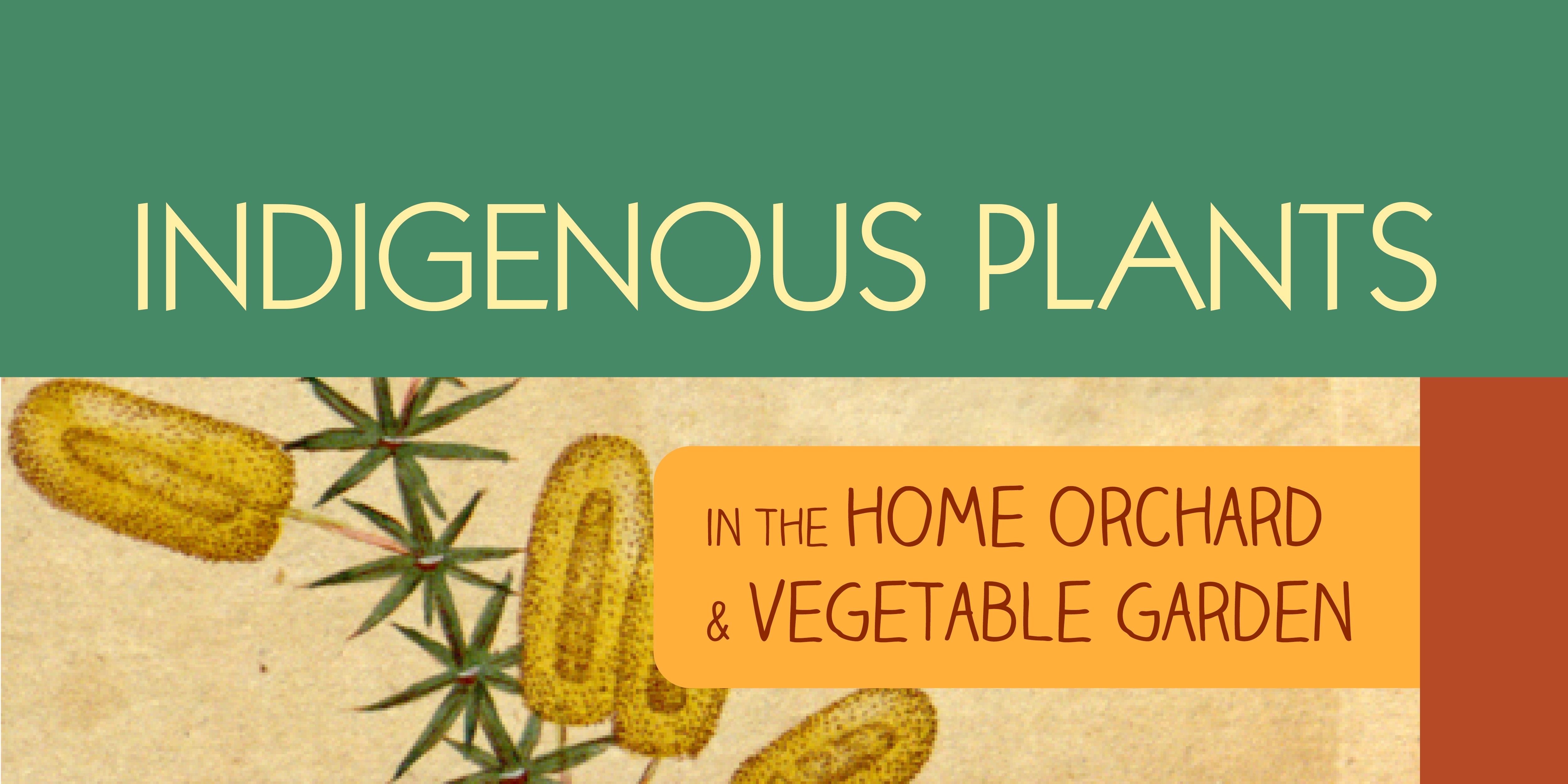Many people feel they need to remove non-edible vegetation to make way for orchards or vegetable gardens; however, there are a wealth of reasons for retaining indigenous plants in home food-production syste
ms. Local plant species are not only an important part of Nillumbik’s Indigenous history, they’re imperative to the health of our unique natural ecosystems.
Join environmental educator Lisa Moloney to hear a little about the history and importance of Nillumbik’s indigenous flora, and its myriad traditional and modern-day uses. Learn how indigenous plants can be incorporated as useful and productive elements of the home vegetable garden or orchard, including as:
- sun/wind protection
- biodiversity promotion
- nutrient accumulation
- habitat for beneficial insects and garden predators
- creating microclimates.
This workshop will begin with a talk in the Lounge of the Hurstbridge Hub, followed by a short walk and talk to view and discuss Nillumbik’s indigenous flora.

